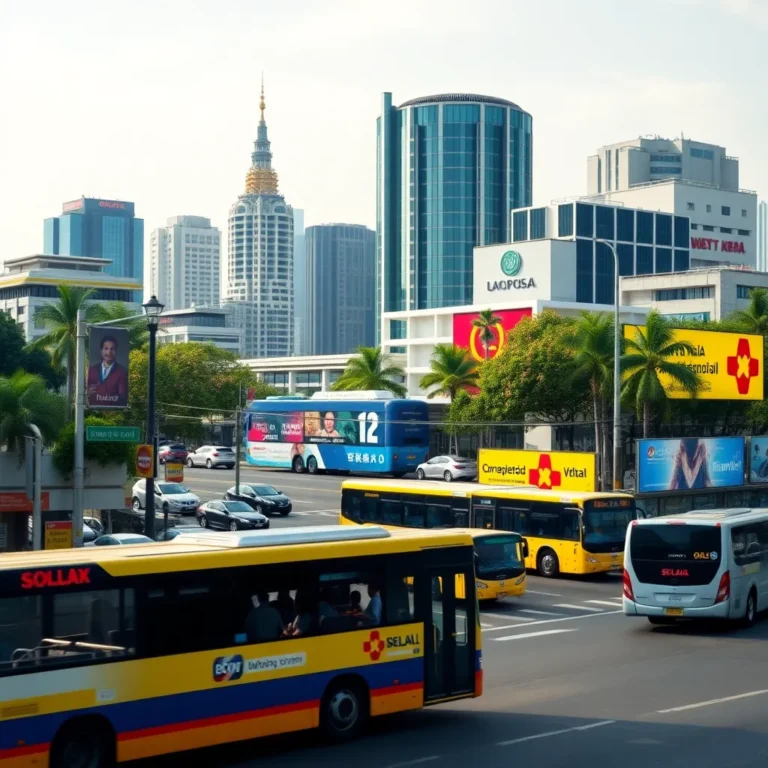XRPL’s MPT Standard: Reshaping Institutional RWA Tokenization
Note: This post may contain affiliate links, and we may earn a commission (with No additional cost for you) if you make a purchase via our link. See our disclosure for more info. The crypto world is constantly changing. This content is for informational purposes only and not financial, legal, or professional advice So, please verify the info on the cryptocurrency provider’s websites.
Ripple's XRP Ledger (XRPL) has launched its Multi-Purpose Token (MPT) standard, a significant advancement aimed at enhancing institutional adoption by simplifying Real-World Asset (RWA) tokenization and embedding compliance. Activated on the XRPL mainnet, MPT is a protocol-native fungible token designed for issuing institutional-grade instruments on-chain. Unlike traditional token standards reliant on complex smart contracts, MPT integrates core control features directly into the XRPL protocol, mitigating development risks and offering a secure, battle-tested foundation specifically appealing to regulated institutions.
Key features of the MPT standard include critical compliance mechanisms like “granular asset freezing” and “fund clawback,” enabling issuers to promptly respond to sanctions, fraud, or operational errors. It also incorporates advanced access control through Decentralized Identifiers (DIDs) and credentials, ensuring only authorized, KYC-verified participants can hold and transfer assets. By embedding these capabilities at the protocol level, MPT reduces the need for costly coding, extensive audits, and additional regulatory capital, thereby lowering operational risk and accelerating adoption for its target audience of regulated financial entities.
Technically, the MPT standard leverages XRPL’s strengths for high-throughput financial operations, boasting fast transaction speeds of 3-5 seconds and extremely low, predictable fees paid in XRP. It enforces transparency by automatically burning tokens returned to the issuer, maintaining an auditable circulating supply. MPT also supports native metadata standards such as XLS-0089d and the Actus Standard, allowing tokens to function as machine-readable digital contracts and integrate smoothly with external financial risk and valuation systems. The widespread adoption of MPT is projected to significantly increase XRP's utility and value, as every MPT operation requires a burned XRP fee and new issuances demand fixed XRP reserves, creating a deflationary mechanism and a direct link between ledger activity and XRP demand for investors.
(Source: https://bitcoinist.com/ripples-xrpl-mpt-token-standard/)










